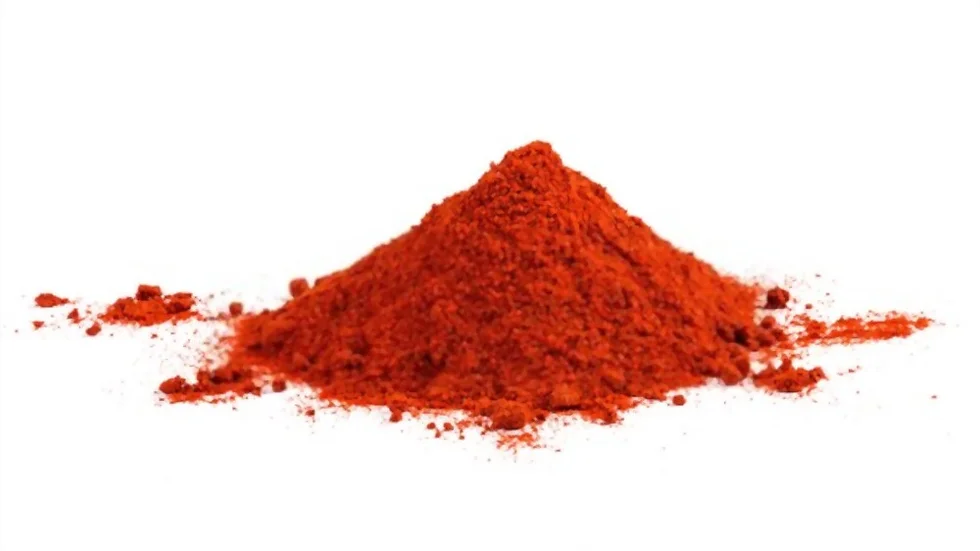Paprika
Paprika
Heil Herbs Co. proudly presents our premium-quality Paprika, exported directly from the sun-kissed fields of Egypt. Known for its vibrant color and rich flavor, our Paprika is perfect for a wide range of applications in culinary, pharmaceutical, and health supplement industries.
Product Highlights:
- 100% Natural: Sourced from high-quality peppers grown without pesticides or chemical fertilizers.
- Superior Quality: Meticulously harvested and processed to preserve its vibrant color and rich taste.
- Versatile Use: Ideal for culinary dishes, medicinal applications, and dietary supplements.
- Export Quality: Meets international standards for B2B trade, ensuring reliability and consistency.
Specifications:
- Latin Name: Capsicum annuum
- HS Code: 09040000
- Origin: Egypt
- Packing Options: Available in bulk or customized packaging solutions to suit client requirements.
Shipping:
- Paprika Standard Packages: 10 kg bags
- 20 ft Container: Can load up to 10 tons
- 40 ft Container: Can load up to 20 tons
- 40 HC Container: Can load up to 21.5 tons
Why Choose Heil Herbs Co.?
At Heil Herbs Co., we are dedicated to sustainable farming practices and ethical sourcing. Our Paprika is cultivated with care, ensuring a pure and high-quality product. We provide flexible packing options and reliable shipping services tailored to the specific needs of our B2B clients worldwide.
Applications:
- Culinary: Enhances the flavor of soups, sauces, and meats while adding vibrant color.
- Pharmaceuticals: Utilized in various medicinal formulations for its antioxidant properties.
- Health Supplements: Added to dietary supplements for its rich content of vitamins A and E.
Contact Us:
For inquiries and bulk orders, please visit Heil Herbs Co. or contact our sales team directly at sales@heil-herbs.com. If you are interested in this product, click here to send us an email.

